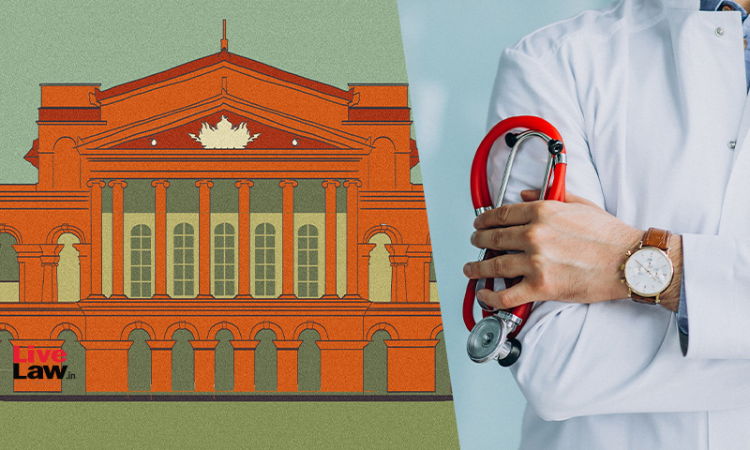'Will Sensitize Doctors To Miserable Health Conditions' : Karnataka High Court Refuses To Stay Compulsory Rural Service Condition
Mustafa Plumber
21 July 2021 8:09 PM IST

"The service bonds calling upon the fresh doctors to undergo one year Rural service appears to be reasonable", Court said.
Next Story


